
"The Russians clearly would like to see the war go on as long as possible"
In your opinion, is the war initiated by Hamas and its allies solely aimed against Israel or it also directed against the United States?
I think the principal focus is clearly Israel. I don't think that it's against the US per se, but I think that the Iranians who clearly support it, they will see it against Israel and the United States.
And obviously, the Russians see it as a great boon because it diverts attention away from them, diverts attention away from the US, may make it harder for the US to continue to support Ukraine the way it has. It obviously takes place in a larger context, but Hamas isn't driven by those other motivations, it's driven by its own focus on Israel.
Does the United States believe that the wars against Ukraine and Israel are interconnected?
Not driven by design by Hamas, but there's a reality, absolutely. The Russians clearly would like to see this go on as long as possible.
One of the Hamas leaders Khaled Mashal claimed that Russia is pleased with the actions of terrorists as the war against Israel helps shift the US focus from Ukraine to the Middle East.
Is there indeed a heightened emphasis on the Israeli issue in Washington now?
The Biden administration is focusing on both. But the Middle East issue is demanding its attention and its resources and its efforts. The US has to be able to do multiple things at the same time. It's pretty clear that there's a split among Republicans: there are some who agree with the Democrats that you have to support Ukraine, and there are other Republicans that do not.
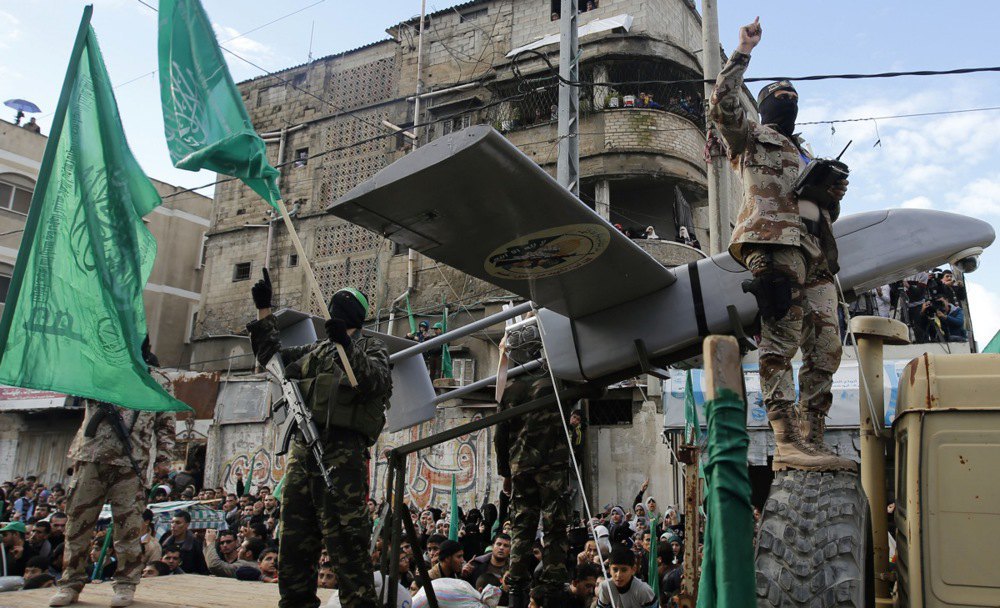
As someone involved in numerous negotiations between Israel and the Arab world, including Palestine, do you believe Moscow is attempting to regain its role as a mediator, that it wants to regain the position in the region it had during conferences and meetings in Geneva, Camp David, Madrid and Oslo?
No, because they don't have the influence, they don't have the role. The truth is their military doesn't look impressive to those in the Middle East anymore.
But Mahmoud Abbas, president of Palestine, said that it would be good if Russia became the mediator right now.
By bringing Hamas representatives to Moscow for talks, they killed any possibility of having any influence on Israel. Getting the role of the Iranians has obviously changed the view of Israel towards Putin and Russia. There still is a sensitivity, I think, in terms of what goes on in Syria. But the reality is Russia has no capacity to be the mediator.
Like many Soviet leaders before, Putin seems to be playing the anti-Semitic card. You have observed the developments in the Caucasus. What is in it for the Russian leadership?
it's created an alignment with the Iranians. And the events in the Caucasus fit with this, and it's probably a populist card within Russia as well. At a time when Putin is going to have another election next year, I suspect, it probably doesn't hurt him to play this card.
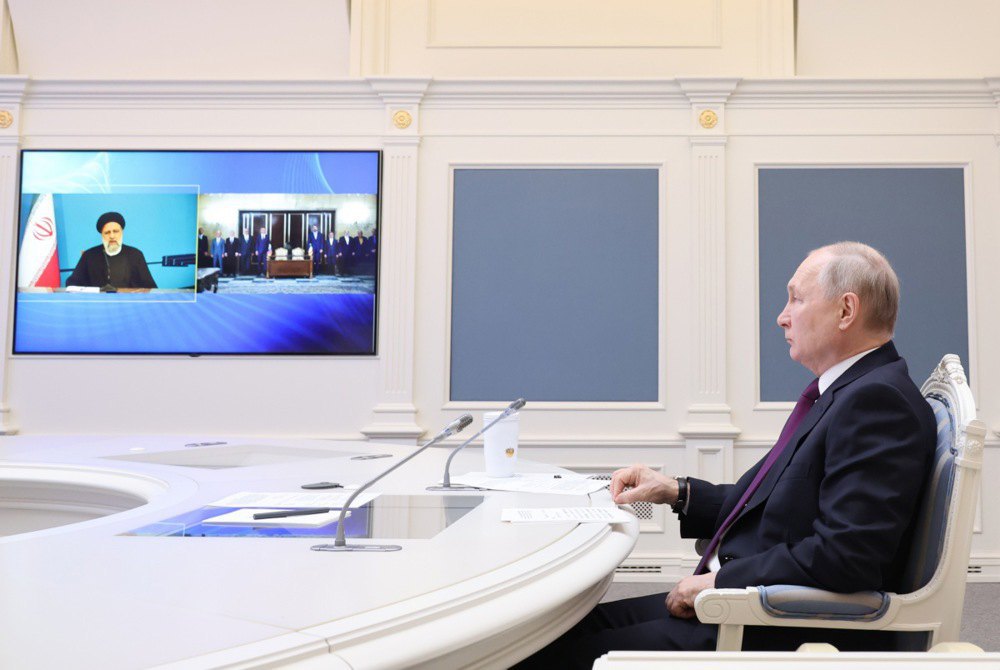
"You can't eradicate Hamas completely"
You're negotiating with a cluster of leaders and representatives of major Arab states. Do they support the preservation of Hamas or oppose Israel's effort to dismantle this organization?
Because their population is inflamed and agitated by the images they see in Gaza, the public posture of the leaders of major Arab states is to focus just on getting a ceasefire.
A ceasefire means that Hamas will stay in power, their attitude, I think, at this point, is one: we will deal with what happens after this later, but now we have to restore peace.
Would they like to see Hamas disappear as a political force? Yes. Would they like to see that it loses its military power? Yes. They would be happy if Hamas was no longer in control of Gaza. But they're riveted right now on public attitudes and the concerns that this can affect the stability of other Arab governments. So they want to preserve calm, even though they understand that that actually doesn't help long-term strategic interests of the region.
On the other hand, both al-Qaeda and ISIS, despite the fact that they didn't really support it previously, have stated that they are joining the fight against Jews and non-believers, leaders of power houses in the Middle East. How concerned are the leaders of major regional states about the potential strengthening of this terrorist group?
It's not going to change what their current position is. Would they like to see the Israeli succeed? The answer is yes. They understand that if the Israeli succeed that it also tends to discredit this ideology. That what Hamas did, yes, they impose this terrible price on Israel, but look what the consequence was: They lost control of Gaza.

Arab countries are appealing to the United States. They are talking about humanitarian problems in Gaza, trying to stop the IDF's advance. What is Washington's position?
To begin with, 150,000 people have been evacuated from the south and north of Israel. They will not return to these territories as long as there is danger. Israel will not accept a situation where Hamas remains a threat to its security.
The reality is that there are things that Israel can do that they're not doing that will expand the time and space available. They need to open their own crossing points to increase the amount of humanitarian assistance that can go in. Because the only crossing point that's open is Raqqa and every truck has to be inspected. [At Kerem Shalom] The Israelis have the most modern scanning techniques, they can do that, they can scan the truck very quickly. The Israelis don't want to do that because it's a security issue, but if they want us to be able to create the time and space for them, they're going to have to make some choices along these lines.
What is Washington's stance? Should Hamas be completely eradicated, both militarily and politically?
You can't eradicate that completely. I think that the position of President Biden is Hamas needs to be removed as a threat that shouldn't be in control of Gaza anymore.
What would the USA consider a victory over Hamas?
Hamas is no longer in control of Gaza and you can create an alternative administration in Gaza, that's a victory. It means destroying their military infrastructure. It means destroying the industry they've developed to create weapons. They used to get their weapons from the Iranians, now they're able to produce them themselves. So Israel is going to destroy not only the arms, the rockets, everything that's there, but they're going to destroy the ability to make them as well. And they're going to destroy the command control so that they lose their ability, lose the organizational coherence of Hamas and they lose the ability in effect to control Gaza.
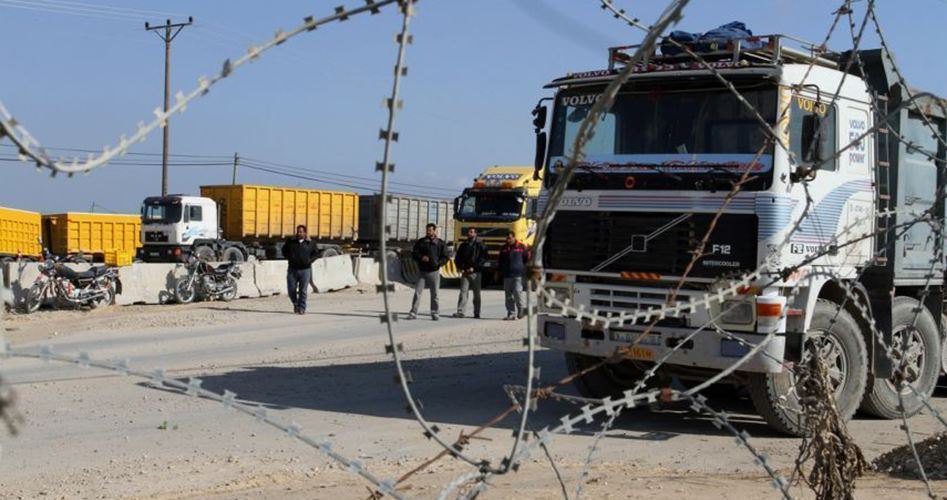
"Israel cannot simply withdraw from Gaza and leave behind a vacuum"
After the ground operation by the IDF and the elimination of the Hamas structure, a power vacuum will emerge in Gaza. As someone who has designed plans for resolving military conflicts in the Middle East, including the Clinton Parameters, how do you think the transitional period should look like for both sides? And what future awaits Gaza and the entire Palestine?
Israel cannot simply withdraw and leave a vacuum. So it needs to hand it over. It is unrealistic to talk about handing it over to the Palestinian Authority not only because they're not going to want to commit it on the back of the Israeli tanks, but also because they're way too weak and they lack any real credibility. There should be at some point a PA role back in Gaza, but only after it's been revitalized in reform. That requires an empowered prime minister in a way that was done back in 2007 with Salam Fayyad.
And you're going to need some kind of internationally mandated administration for the next couple of years to take the place of the Israelis to rebuild Gaza under the formula of demilitarization for reconstruction. You'd need a security presence that can be made of some Moroccans or Kenyans that would be prepared to play their role. Maybe the Dutch. For this to happen, Hamas has to be weakened to the point where they can't resist this. And this will be a transition period.
The Arabs are prepared to support something like this, but they are unlikely to support it unless it's connected to a political rise that shows there really is an apt way to producing something that addresses Palestinian nationalized intentions. At the same time, it is important that Israel is protected, that its security is ensured.
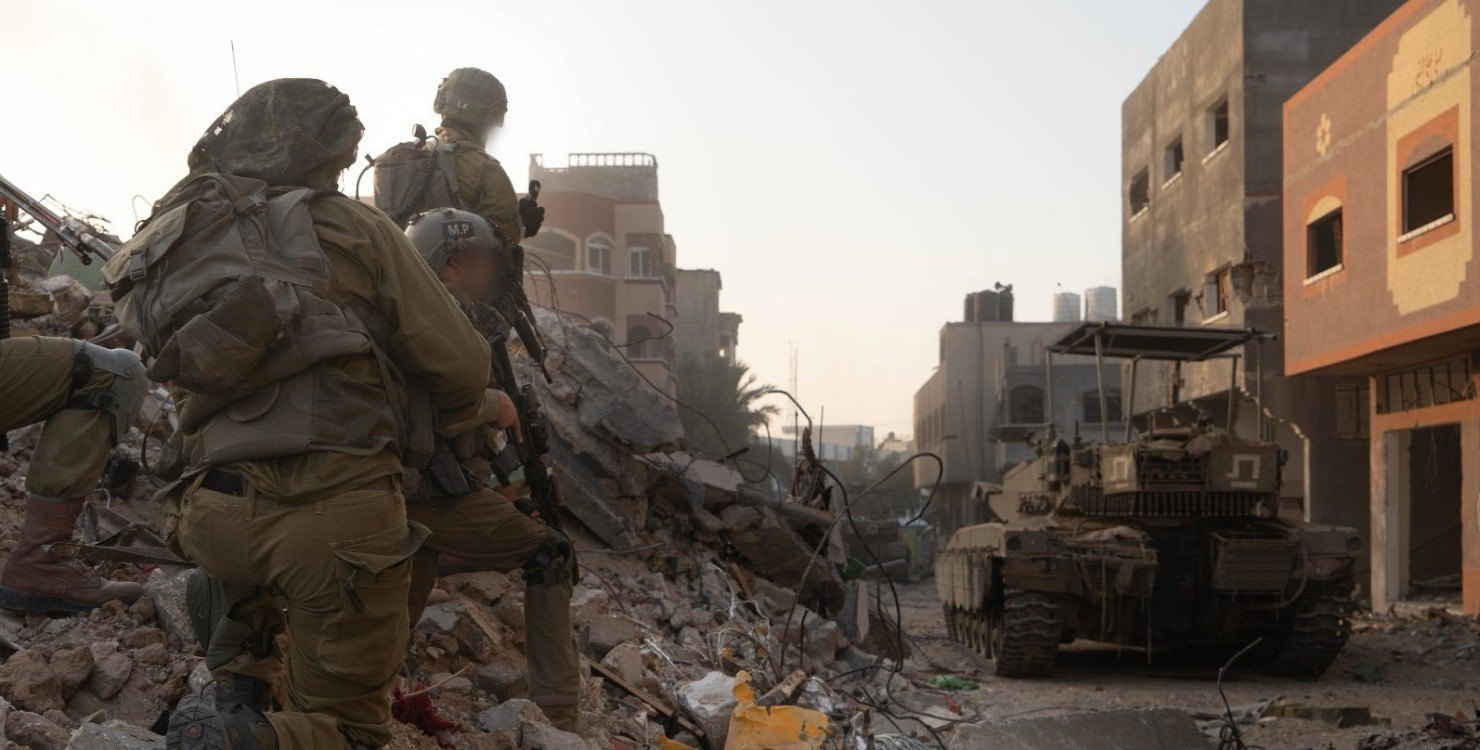
Washington is willing to invest a substantial amount in the reconstruction of Gaza. If so, what conditions must Gaza meet for reconstruction?
Reconstruction cannot take place unless there is a credible mechanism, managing the material, its end use. It is important to be able to see how and what is being brought into Gaza, what warehouses it goes to, and how these materials are used.
Which countries should be involved in the reconstruction of Gaza?
We need Arab states to play a major role. The Gulf states have the means, they can manage a lot of the cost of the reconstruction of Gaza. They can justify this by saying that they are helping the Palestinians. However, it is important that a broad international coalition of states does this. In this way, we will get more support from the countries of the Global South. Obviously, they will not do this unless they see a political horizon for themselves, as well as the fact that the United States is investing its efforts and money in this.
Should Qatar and Turkey be part of this process?
It's a really good question.
Qatar, which funded Hamas, should have an obligation to help rebuild Gaza that is going to be destroyed because of Hamas. I would loathe to have Turkey involved because they're too close to Hamas and too proud and may want to recreate some element of Hamas. So I would not have Turkey involved until it is clear it would not help reset Hamas.
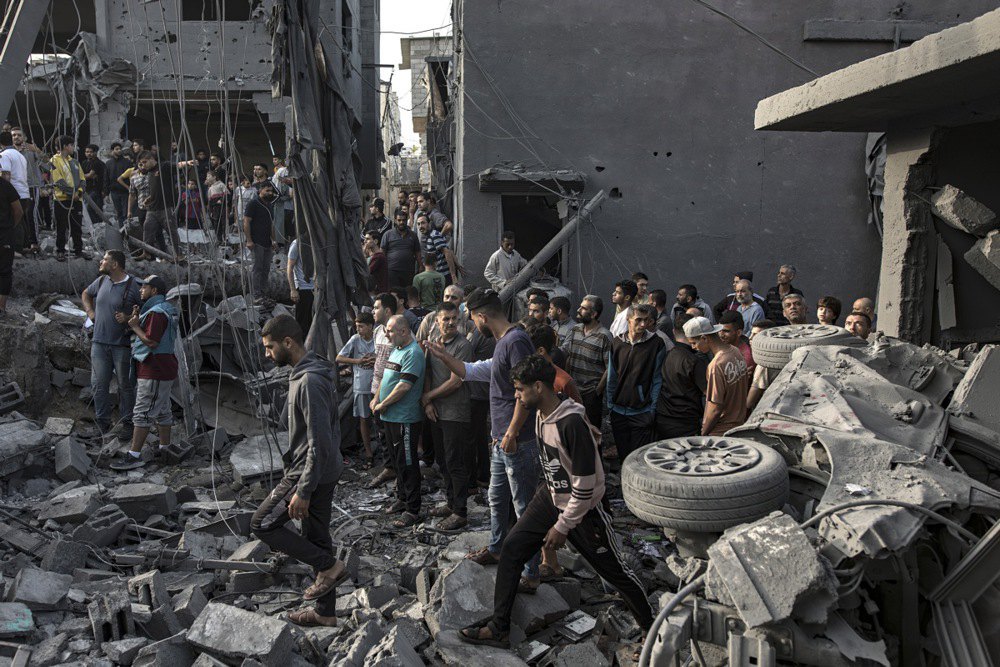
In your column for The New York Times, you also wrote that ultimately Palestine should have a technocratic administration. But where will they find technocrats?
They have plenty of technocrats. The people who PA was continuing to pay, the FATA people, in Gaza even though they were part of the Hamas administration. Palestinians have the highest per capita number of advanced degrees in the Arab world. There is no shortage of Palestinian technocrats. That's not a problem.
Should this administration declare that it permanently rejects the legacy of the Palestine Liberation Organization, the 10 anti-Izrael points, and include in its programme a mandatory point rejecting the destruction of Israel?
It should be a given. I don't accept the idea that everybody who is part of the PLO rejects Israel's existence. There are those who do. There are those who don't.So the idea is that you're going to need ultimately a Palestinian administration. You're not going to get the Arab states to be involved unless at some point there is a PA that is different, that has been reformed, that has been revitalized. There needs to be a rejection of Hamas and what it did.
If you want to reassure the Israelis and show them that there are Palestinians who are really ready to live in peace with Israel, there needs to be a rejection of what Hamas did. There needs to be an acknowledgement that what they did crossed every possible line. No cause can be justified given those kinds of action.
What do you think about two states solution right now?
You can't produce two states right now. If tomorrow you have a Palestinian state, a big failed state, you have to revitalize, you have to reform, you have to build institutions from the ground up. You're going to have to recreate the connection between the West Bank and Gaza. You're going to have to have a period of time where Palestinians also form themselves.
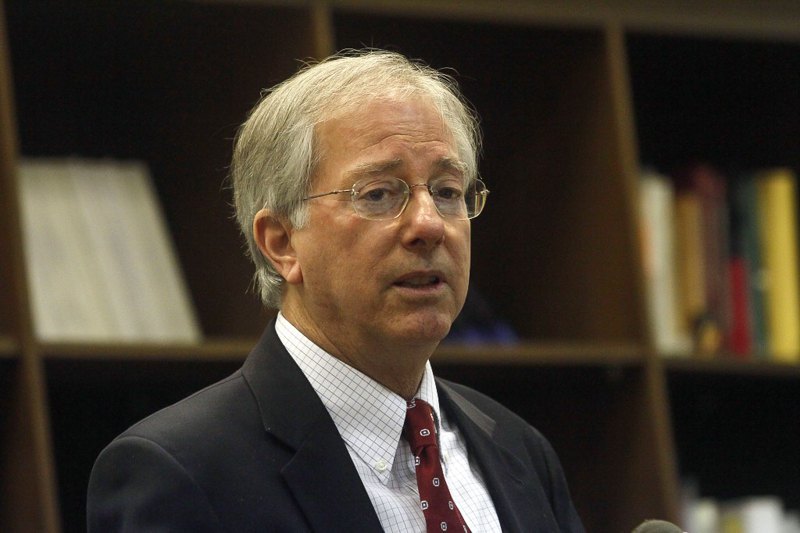
"Israel has to decide what to do with Russia"
If Hamas is not eliminated now, if it continues to govern Gaza and maintains its power, what risk will arise for Israel and other countries in the Middle East? And how will it help strengthening Iran?
The ideology of rejection will be validated in the region. This will put on the defensive all Arab leaders, who otherwise would have thought about developing and expanding the Abraham Accords (agreements designed to improve economic and diplomatic ties with Israel – ed.note). And they're not going to, just as we see them not exposing themselves right now because of the public attitudes and wanting to cease fire, you're going to see them take a step back. You're going to see Iran have more leverage. So the outcome of this has to be an outcome where Hamas is seen as defeated, both in the image and in fact. Hamas is not in control of Gaza at the end of this. Then that ideology will have suffered and will pay the price. It will have lost.
Russia and Iran are at war against Ukraine. They are also working together against Israel. In Washington's view, should Israel move away from Russia once and for all?
Israel has to decide what to do with Russia. They are still thinking about this question because there are difficult issues related to the Russian presence in Syria. However, Israel will have to make a decision because Russia has adopted a hostile position now. The US will also have to develop a more effective policy towards Iran than the current one. For our part, we would have to come up also with a policy that's more effective against the Iranians than we have at this point.
Sooner or later we will come to the point where the terrorist's ring that Iran is crafting against Israel will have to be destroyed. What should the US and Israel change in their defence and strategic programmes in the region?
I think there's no simple answer to the question. Iranians need to come to see that not only did they lose the part of this, a strategy where they have lost one of their major instruments, which is Hamas, is a strategy that should be guiding us. How do we raise the cost for Iranians in a way that affects their calculus? We clearly have to do the work. They have to see that what they're doing is going to end up costing them more as they measure what matters to them. And at some point they have to know that what really matters to them is going to be put at risk.
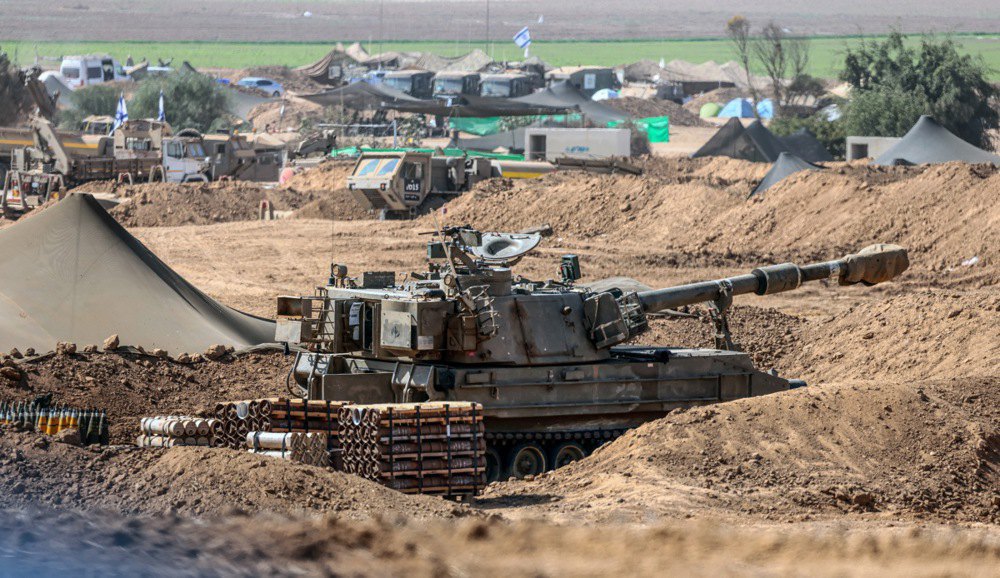
Iran has managed to undermine the Abraham Accords and freeze the agreement with the Saudis, and it has also helped to neutralise a major US-Indian project to build infrastructure from India through Saudi Arabia and Israel to Europe. Do you think Israel will remain in regional isolation after the war?
It depends on how the war ends. It will clearly be a problem if Hamas remains in power. It doesn't mean that the Saudis won't have lost their interest in the deal. The question is, will they feel they have the political space? And will the Israelis be able to make any concessions or compromise at all in a circumstance where Hamas is in power in Gaza? I don't think that's the case, but if Hamas is not in power in Gaza, Israel will go through the political reckoning on the one hand and there will be a debate on what Israel's relationship with the Palestinians should be. There's never been such a debate. There's never been a debate on what the Israeli relationship with the Palestinians should be and that debate has to take place. And only the Israelis can have it.









